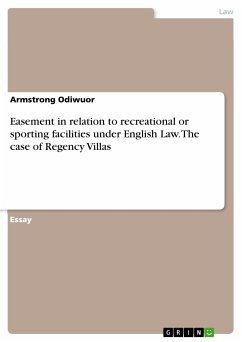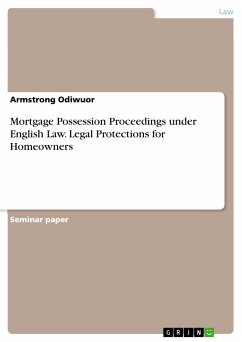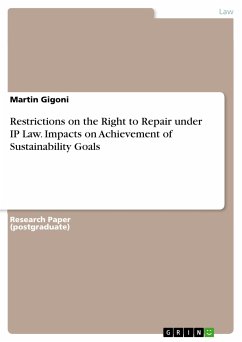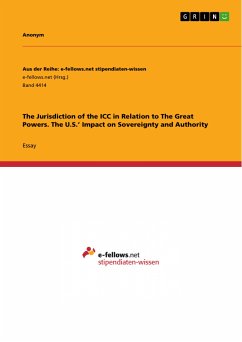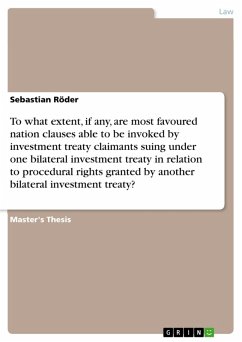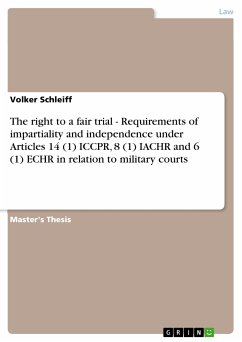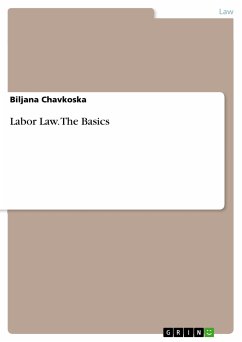Essay from the year 2024 in the subject Law - Comparative Legal Systems, Comparative Law, grade: A, Free University of Berlin (Business Administration and Management), course: Business Law, language: English, abstract: The concept of easements in relation to recreational or sporting facilities has evolved significantly since the landmark ruling in "Re Ellenborough Park", which established the four fundamental conditions for easements. The "Regency Villas" case further complicated the understanding of these conditions, particularly the requirement that an easement must "accommodate the dominant tenement". Traditionally, this meant that the right must benefit the land itself rather than the landowner personally. Regency Villas challenged this interpretation by asserting that an easement must offer utility and benefit rather than mere recreation and amusement. This development has sparked debate among legal scholars about the potential erosion of traditional constraints on easements. This paper critically examines the traditional constraints on easements, the implications of the Regency Villas decision, and its impact on the future of easement law.
Dieser Download kann aus rechtlichen Gründen nur mit Rechnungsadresse in A, B, BG, CY, CZ, D, DK, EW, E, FIN, F, GR, HR, H, IRL, I, LT, L, LR, M, NL, PL, P, R, S, SLO, SK ausgeliefert werden.

